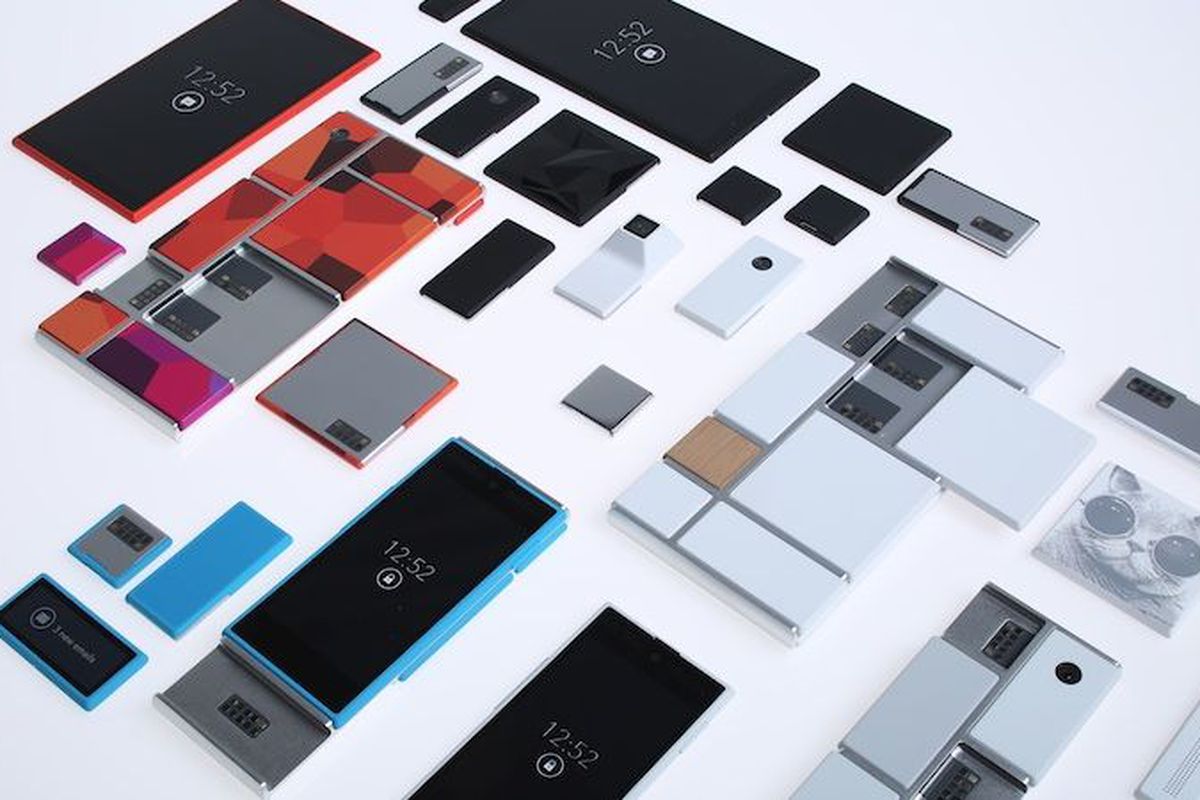It has been five years since the Dutchman Dave Hakkens came up with the idea for a modular smartphone called phone blocks. Google was very enthusiastic about this idea and started working on it under the name project Ara. At the end of 2016, Google canceled a large number of projects including Project Ara because they want to focus more on hardware. In this article we explain what a modular smartphone means and how it goes with its development.

What is a modular smartphone?
Five years ago, Dave Hakkens posted a video online under the name phone blocks. Every day millions of devices are thrown away worldwide because they no longer work. Often there is a component in the device broken but the rest still works fine, yet the device is thrown away. Phones and smartphones are one of the biggest causes of technology waste. Dave Hakkens came up with the idea to develop a modular smartphone that he called phone blocks. If your battery is broken, for example, you can easily replace the battery block with a new one. Or when the screen is broken you can easily replace it with a new one or upgrade it with an HD screen.
How does phone blocks work?
Every function such as battery, memory and camera each have their own module. These modules can easily be attached to the back of the motherboard. At the front of the motherboard you can place a screen and the motherboard ensures that everything is connected to each other. When something breaks down or does not work properly with your phone, you can easily replace the block with a new one. It is also possible to create and personalize the phone completely to your needs. For example, if you make a lot of photos, you can opt for a larger camera and less memory. Phone blocks is an open platform where technology companies can develop their own ‘block’ themselves. For example, it is possible for JBL to develop a speaker as a module for the modular telephone.

Why did Project Ara stop?
At the end of 2016, Google has the plug from project Ara drawn by a renewed focus on hardware. Google has never given a clear reason why they stopped. There are suspicions, such as that a modular smartphone is too early for consumers and they are not waiting for this. Phone blocks is a sustainable product and ensures that you do not have to buy another phone every two years, so it may not be interesting for Google commercially. Project Ara was very close to eventually making the phone available to consumers. The project itself also had a number of setbacks. In the beginning, the blocks at the prototype always fell apart and it was not possible to make the phone completely modular. It could therefore just be that Google has put the project to a halt because it is not yet possible to make a modular phone a reality. Dave Hakkens himself is also critical to Google. He found that project Ara was not open enough and that Google focused more on the next phone that sells well than to focus on the phone of the future.
What now?
The fact that Google stopped the project does not mean that the idea is completely dead. A partial modular telephone seems to be realistic for now. Fairphone is a Dutch company and has released a device called Fairphone 2. With this mobile it is possible to replace various elements such as the screen and battery. Upgrading your processor or camera is not yet possible. In addition, the device is reasonably expensive and the design is quite thick.
It could also just be that Facebook in a few years a modular smartphone on the market. Facebook would have applied for a patent on a modular telephone. Facebook also has former employees of the Ara project, including the project leader. Dave Hakkens recently posted a video on YouTube entitled what happened to Phone blocks? -5 years later. Here he talks about the project but also about someone in India who has developed a partial modular phone with parts made by a 3D printer.
As consumers, we will therefore have to wait a while before a well-functioning and affordable modular telephone is put on the market. However, we can conclude that the idea of Dave Hakkens has not been completely written off. There are many supporters and opponents of a modular smartphone. Let us know in a comment below what you think.
